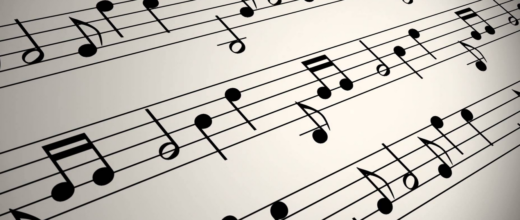-
27Feb2017
- comments:
- 0
- share:
What’s the point of musical theory? Part 1

A lot of students come to me wanting to learn music theory. Why? Well they think that learning the nuts and bolts of music will help them become a better musician, which in some respects it will. Learning theory will tie everything together and unravel the mysteries of this music your trying to make. But, like so many other pursuits in life, it will take possibly years to piece together all the parts and to understand how it all connects to your guitar playing.
It’s often said that if you’re great with maths then you’ll have no problems with music theory, or that musicians are generally pretty whip smart when it comes to solving equations. Well I can tell you from years of playing and learning music and its applied theory, and from being an ‘F’ average student in my ‘veggie-maths’ class in high school, that musicians do not great mathematicians make!! A basic grasp of grade 6 maths will be more than adequate.
A good place to start though is really with learning how to read simple music notation. Something as elementary as Beethoven’s ‘Ode To Joy’ which can be learned within the space of a half hour can, in that short space of time, teach the concepts of bars, time signatures, key signatures, diatonic melodies, scales and chord/melody relationships. I have also found in both teaching and in my own time as a student that making that crossover from being unable to read music to being able to play notes read off a page, can provide a great sense of achievement and hunger to do more. I personally recommend the ‘Progressive Series’ of guitar books to learn from, or alternatively ‘The Berklee’ series. The first one has well known melodies from the past and the second takes a more ‘exercises’ kind of approach.
Lastly, if you’re really hungry to continue the learning process, then maybe doing graded theory and guitar exams might be what you need to inspire your journey* further. Here in Australia the examination bodies of AMEB and ANZCA run quarterly exam series’ in which a student can pursue both practical and/or theory exams. I recommend this approach, particularly if you’re struggling to maintain the discipline to keep learning.
Look out for more of my theories on learning theory next week!
See ya
*use of the word journey in a musical sense has been stolen from TV show ‘The Voice’.


No Comments